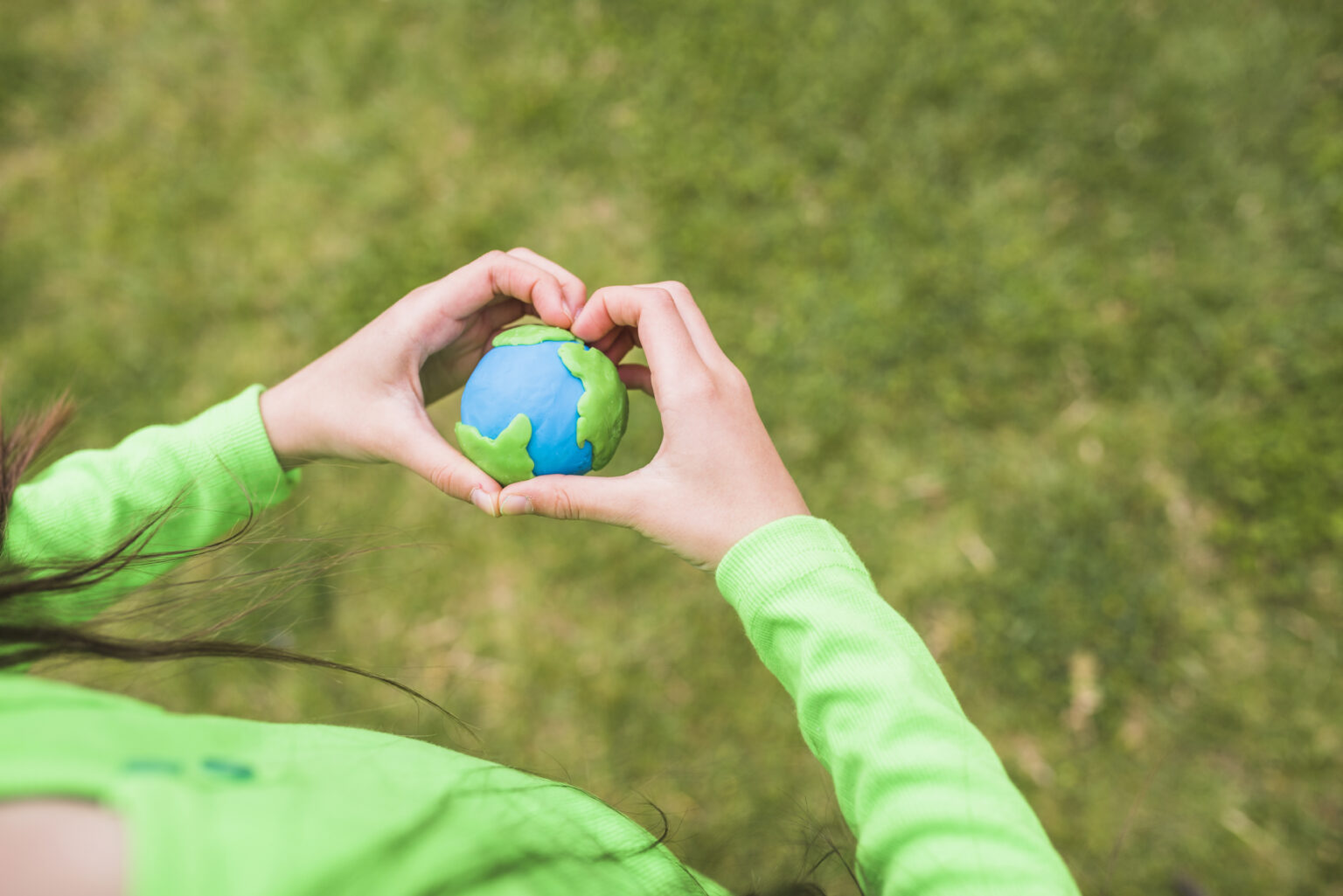Mother Earth is clearly asking us all to act. Major systems on planet Earth, such as climate, water, and biodiversity, are no longer capable of being maintained in safe and stable conditions for all who inhabit them. Examples include climate change, such as high temperatures and extreme events, forest fires, oceans polluted with plastics, and the accelerated loss of habitats and the resulting extinction of biodiversity.
To save the planet, we urgently need to promote solutions to these problems and mitigate their impacts. However, time is a limited resource and the urgency to act is increasingly evident. It is crucial that we take meaningful action to reverse the trend of environmental degradation and ensure an environmentally responsible future. Protecting the planet is the responsibility of all of us.
The future is in our hands, it’s time to act!
Although we face significant challenges, there is still hope for saving the planet, but this requires urgent action and global collaboration.
Ecosystems support all life on Earth. The healthier our ecosystems are, the healthier the planet and its inhabitants will be. Restoring our degraded ecosystems will help combat climate change, prevent mass extinction, and end poverty. But we can only do this if we all get involved.
World Earth Day, celebrated internationally on 22 April, reminds us of this. It reminds us of the importance of protecting and preserving the planet by acting, individually and as a community, with responsibility towards our planet and all life forms that inhabit it. It aims to promote the preservation of the environment and to achieve a fair balance between the economic, social, and environmental needs of present and future generations. It also aims to mobilise civil society to implement measures to protect our planet.
To this end, it is essential that we promote an integrated and collaborative approach to tackling environmental challenges, involving government agencies, business, civil society organisations and individuals. Only through joint efforts and coordinated action can we achieve significant change and save our planet from irreversible environmental degradation.
But what can we do to save the planet?
As we celebrate the 50th anniversary of World Earth Day this year, it reinforces the idea that the time to act is now. Each of us has a role to play in protecting and conserving our planet.
To save the planet, it is essential that we address a number of urgent environmental problems, such as climate change, biodiversity loss, air and water pollution, deforestation, among others. However, this requires a change in individual and collective mindsets and lifestyles, as well as the implementation of sustainable policies and practices in all sectors of society.
Energy transition towards renewable energy sources, conservation of ecosystems and natural resources, promotion of environmentally responsible agriculture and waste reduction are just some of the crucial steps we can take to accelerate the pace of climate action to protect our planet.
In this respect, environmental education plays a key role in raising public awareness of environmental challenges and their solutions. Focusing on the Sustainable Development Goals, which aim to mobilise global efforts around a set of common goals and targets, they are a unique and necessary opportunity to support environmentally responsible, regenerative and inclusive growth, without which it will be impossible to address the climate emergency, the rampant loss of biodiversity and social inequalities and asymmetries.
Each of us can make choices to achieve these Goals and have a truly meaningful impact. Actions are diverse and can be implemented in our daily lives.
Reducing energy consumption is an excellent way, by switching off electronic devices when not in use, opting for renewable energy wherever possible and choosing energy-efficient appliances. As well as choosing environmentally responsible mobility as a way of getting around, opting to walk, cycle, use public transport or electric vehicles, reducing the use of vehicles that use fossil fuels. And also, by rethinking travel: “Is it possible to reduce the number of plane journeys?”; “Is it possible to combine means of transport such as public transport, buses and trains when travelling?”; “Is it possible to use shared transport?
To protect the environment, we should buy less stuff, or opt for second-hand products and reuse what we can. Minimise waste, considering the 4Rs: reduce, reuse, restore and recycle. Opt for durable products and avoid unnecessary packaging.
We can make conscious choices. Eating more vegetables, fruit, legumes, nuts and seeds, and less meat and dairy products, allows us to significantly reduce our environmental impact. Plant-based food production generally generates fewer greenhouse gas emissions and requires less energy, land, and water. It also reduces food waste, allowing us to reduce our carbon footprint. In addition, we should support companies and brands that adopt environmentally responsible practices.
Supporting the conservation of natural resources is also a significant action. It is important to participate in reforestation projects, clean up beaches and rivers and adopt sustainable gardening practices in our homes. We should also participate in awareness-raising activities such as city and beach clean-ups, climate walks and environmental conferences.
Informing ourselves about environmental issues and sharing our knowledge with friends, family and the community is crucial. Climate action is everyone’s responsibility. It is one of the fastest and most effective ways to make a difference.
It is also essential to call on local and world leaders to act now by implementing progressive and effective environmental protection policies.
The challenge of protecting our planet and ensuring an environmentally responsible future is urgent and requires immediate action from all of us. Solutions to the environmental problems we face are possible and within our reach, and each of us has a vital role to play. The time to act is now, and together we can work to protect the Earth for present and future generations.
LINKS
- https://www.un.org/en/observances/earth-day
- https://www.unep.org/events/un-day/international-mother-earth-day-2024
- https://www.unep.org/get-involved
- https://www.ipcc.ch/report/ar6/syr/
- https://www.earthday.org/
- https://www.un.org/en/actnow/ten-actions
- https://ods.pt/ods/#internacional
- https://www.publico.pt/2022/03/04/sociedade/noticia/jovens-processaram-33-paises-esperanca-1997367
- https://www.publico.pt/2020/09/03/p3/noticia/seis-jovens-portugueses-processam-33-paises-causa-alteracoes-climaticas-1930129


